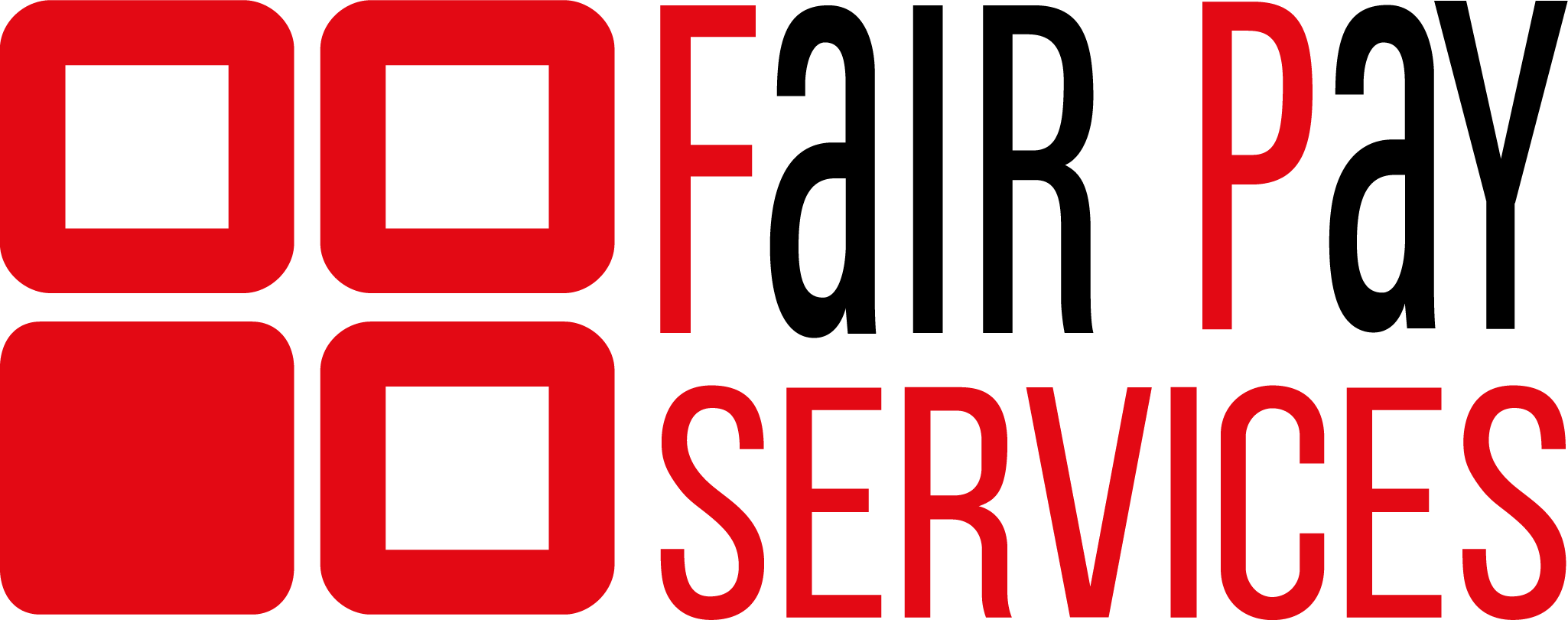There are 3 main operating models that you may have seen where it comes to PAYE Umbrella;
- Fixed Expenses Model
- Mileage Expenses Model
- Payroll Model
For an in depth explanation of the 3 models, you can view an old but still relevant article by Contractor Calculator at – https://www.contractorcalculator.co.uk/umbrella_companies_three_main_tax_models.aspx
There are some changes to the FCSA’s code of compliance which will take effect from 1st October 2021. With these changes in mind, we’ve examined the Pro’s & Con’s of each model and have shown below for you;
Fixed Expenses Model
| Pro’s | Con’s | |
| End Client | Happier contractors with higher net pay where expenses are allowable and claimed correctly | Must give written confirmation that each and every worker is not subject to SDC, before the assignment begins. Similar liability to IR35 decision making process. |
| Agency | Happier contractors with higher net pay where expenses are allowable and claimed correctly | Disgruntled contractors that may have lost money where they cannot justify the full amount of fixed expenses.
Admin involved to ensure that written confirmation of each and every worker’s SDC status is passed to the umbrella company before the assignment begins. |
| Contractor | Higher net pay where expenses are allowable and claimed correctly | Must ascertain the level of fixed expenses before the assignment begins. If expenses cannot be claimed or are not claimed, the fixed expense amount becomes part of the umbrella companies profits. |
Mileage Expenses Model
| Pro’s | Con’s | |
| End Client | Happier contractors with higher net pay where expenses are allowable and claimed correctly | Must give written confirmation that each and every worker is not subject to SDC. Similar liability to IR35 decision making process. |
| Agency | Happier contractors with higher net pay where expenses are allowable and claimed correctly | Admin involved to ensure that written confirmation of each and every worker’s SDC status is passed to the umbrella company before the assignment begins. |
| Contractor | Higher net pay where mileage expenses are allowable and claimed correctly.
Enables contractors who pass SDC to claim the same level of mileage expenses as they did prior to the legislative changes, without any concerns about having variable expenses.
|
the full tax relief on non-travel expenses won’t be available until the end of the tax year where the contractor either completes a self-assessment tax return or form P87
Contractors are only able to claim this relief for home to work travel providing their contract doesn’t exceed 24 months, by which point it would be classed as a permanent workplace and tax relief for travelling expenses would cease. |
Payroll Model
| Pro’s | Con’s | |
| End Client | No SDC testing required, therefore less admin to complete before assignments and no liability for incorrect assessments. | Not as popular with contractors that would prefer to receive tax relief against expenses without waiting to claim at the end of the tax year. |
| Agency | No SDC testing required, therefore less admin to complete before assignments | Not as popular with contractors that would prefer to receive tax relief against expenses without waiting to claim at the end of the tax year. |
| Contractor | The umbrella company margin will be significantly less, and no testing for SDC status is required because no tax relief on expenses is claimed.
|
No tax relief at source, however this can be claimed at the end of the tax year where the contractor either completes a self-assessment tax return or form P87 |
You can see above, any models where tax relief is available at source, will require additional admin from 1st October 2021 to comply with the FCSA’s new codes of compliance. This should be taken into account when exploring these options as all parties involved will need to be comfortable what they are assessing and signing off.
If required, you can view the revised FCSA code at https://www.fcsa.org.uk/wp-content/uploads/2020/12/FCSA-Code-Umbrella-employment-V06UC2021.pdf and the specific documentary proof required in section A13 (b).
If you would like to discuss any of the above, or any of our models further, please get in touch by calling 0333 311 0633 or emailing [email protected]


Recent Comments